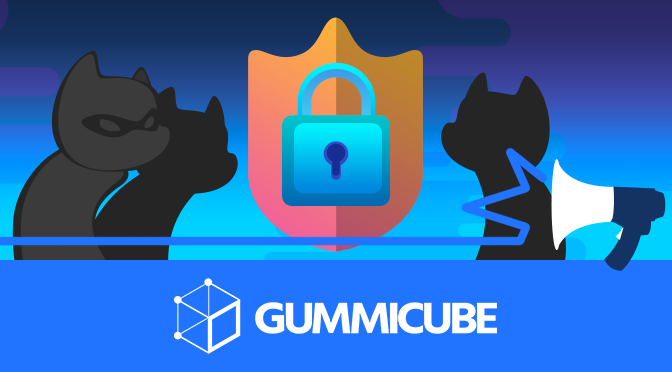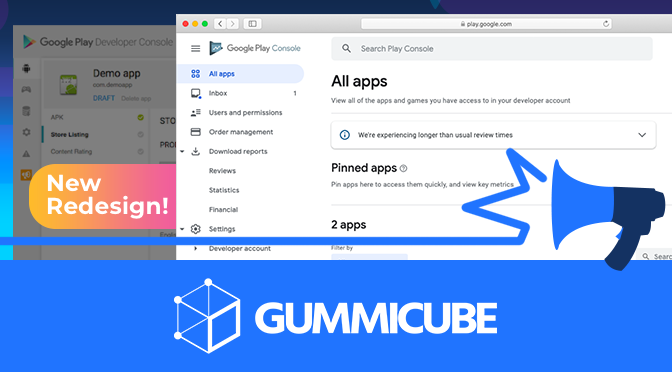
App Store Holiday Schedule 2020
Posted on November 23rd, 2020
When is the App Store Holiday Schedule 2020? Learn about the dates of this year's shutdown and how to prepare.

Apple’s App Store Guidelines have drawn ire over their rules for cloud gaming apps, resulting in a new lawsuit. This new lawsuit accuses the company of monopolizing the mobile game market by keeping competitors off iOS devices, thus enabling the company to charge higher prices for reduced options. What are the details behind these guidelines, who is filing the lawsuit and can it impact the mobile app market?
In August, Apple announced that the App Store Guidelines do not allow for developers outside of Apple to publish cloud gaming apps.
Apple explained that its guidelines have established a requirement that all apps must be reviewed before being allowed on the App Store. Due to the wide variety of games available through cloud streaming apps, reviewing them all would not be possible, therefore the app would not be allowed.
After pushback from developers and consumers alike, the Review Guidelines were later updated with new rules for cloud gaming apps. The updated guidelines added a section stating that games offered in a streaming subscription must be downloaded directly from the App Store.
This means that developers can make their games available, but they must be submitted as individual apps, complete with an App Store listing. The streaming services could offer a catalog app, but the apps must be downloaded individually.
While this is similar to how Apple Arcade functions, it is different from most cloud gaming platforms, which offer the games directly. The App Store Guidelines also have a rule stating that apps cannot be a “thin client for a cloud-based app,” (App Store Review Guidelines Section 4.2.7) which would disqualify most cloud gaming apps.
Essentially, the guidelines will allow the games to be submitted individually, but the actual streaming app itself cannot be more than a catalog that leads users to the games. This would be in place of a streaming service they can access the games from in compliance with Apple’s guidelines.
While Apple has been facing complaints and lawsuits from industry giants like Epic and Spotify, this new lawsuit comes from users. According to Bloomberg, the lawsuit is a class-action suit, filed by Apple Arcade user John Pistacchio of New Jersey. The lawsuit claims:
“By unlawfully foreclosing competition, Apple has eliminated consumer choice, stymied innovation, and reduced quality of service.”
The suit also alleges that, since Apple prevents other game stores from being available on iOS devices, players must pay higher prices for a less robust game selection. This is in line with the latest House antitrust report, which states:
“Apple’s gaming service, Apple Arcade, is a type of app that was ‘consistently disallowed from the store,’ when offered by third-party developers, but Apple allowed its own app in the store ‘even though it violates existing guidelines.’”
Apple is facing several legal battles, including antitrust hearings and a lawsuit with Epic. The results of these could shape the App Store policy moving forward. If Apple loses this new lawsuit, it could be required to open the App Store to more gaming services, including Microsoft xCloud and Google Stadia. This would present game developers with new opportunities to reach users on iOS devices.
Apple has recently added a policy to allow developers to challenge the review guidelines. However, it is unlikely that Apple will adjust its stance on cloud gaming apps based on this alone.
If a game is offered on its own in the App Store, as Apple currently allows, it will need to compete for keyword rankings and installs with a properly optimized store page. Regardless of the result of the lawsuit, developers will still need to ensure their App Store listings are optimized.
Cloud gaming apps will also need to optimize if they’re allowed on the store, since each app will be a standalone and the volume of them will create fierce competition for users. The apps that can showcase the most compelling features and games will be the ones to stand out from the competition. App Store Optimization is always essential.
Want to learn more about App Store Optimization? Contact Gummicube and we’ll help get your strategy started.

When is the App Store Holiday Schedule 2020? Learn about the dates of this year's shutdown and how to prepare.

Apple's App Store Guidelines have strict privacy requirements. Developers now must provide information to users on the App Store listing regarding the data they access.

The Google Play Developer Console has been updated with a new design and adjusted tools. What's different, and how will it impact App Store Optimization?